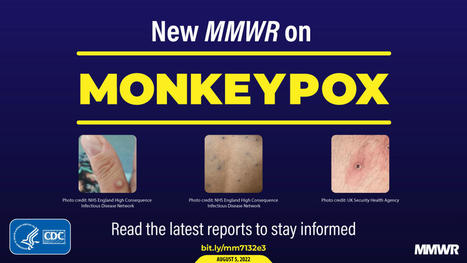The next Ebola outbreak could be predicted using a new UCL-developed model that tracks how changes to ecosystems and human societies combine to affect the spread of the deadly infectious disease. The model could help policymakers to decide where to target vaccine deployment, or develop healthcare infrastructure, to reduce the risk of zoonotic disease outbreaks—illnesses that spread between animals and humans.
Analysis using a mathematical model, published today in Nature Communications, shows that several countries in Africa, including Nigeria, could be at risk of Ebola outbreaks both presently, and in the future, despite having experienced no known cases to date. First author of the study, Dr. David Redding (UCL Genetics, Evolution & Environment), said: "It is vital that we understand the complexities causing animal-borne diseases to spill-over into humans, to accurately predict outbreaks and help save lives. "In our models, we've included more information about the animals that carry Ebola and, by doing so, we can better account for how changes in climate, land-use or human societies can affect human health." Designed by a UCL-led team of researchers, the model captures the impact of climate, land use and human population factors on the risk of Ebola and predicts the known set of previous outbreaks with a high degree of accuracy, even in the absence of case data. The results show that Ebola outbreaks, resulting from spill-over events, are 1.6 times more likely in scenarios with increased warming and slower socioeconomic development.
More than two thirds of all infectious diseases originate in animals, including Ebola, Lassa fever and West Nile virus. These diseases contribute to the global health and economic burden that disproportionately affects poor communities. The latest Ebola epidemic has claimed more than 2,100 lives since August 2018 and while there are signs it is in retreat, the risk of spread is still high according to a recent report by the UN....
"Ebola risk appears to worsen in future versions of our planet that have higher climate change and worse cooperation between societies. Working together to improve healthcare resources, which can contain dangerous diseases such as Ebola, appears to strongly reduce future risk, and this offers an important option for preventing future disease cases. We hope our model will help policy makers address this challenge."
Published in Nat. Communications on October 15, 2019:
https://doi.org/10.1038/s41467-019-12499-6



 Your new post is loading...
Your new post is loading...








